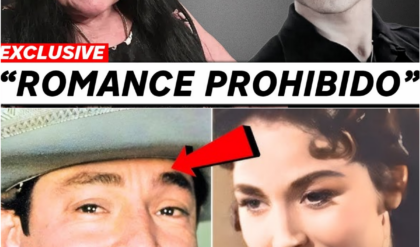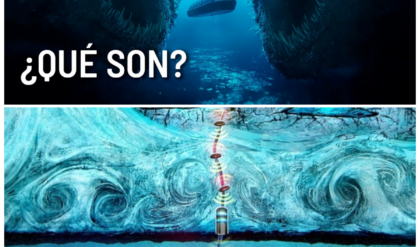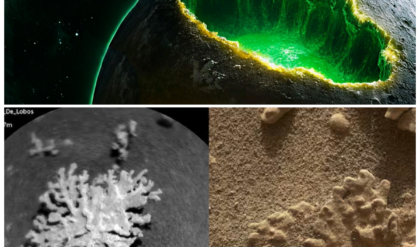At the age of 52, Cuauhtémoc Blanco has finally admitted what many had long suspected.

This revelation sheds light on a career and personal life equally shaped by greatness and controversy.
Blanco, one of Mexico’s most iconic football figures, now finds himself at the center of scandals that threaten to overshadow decades of achievements both on and off the pitch.
Born in Mexico City on January 17, 1973, Blanco’s journey began on the streets of Azcapotzalco.
His talent was first discovered by Ángel “La Coca” González, a famed talent scout who brought him to Club América at age 15.
His professional debut came at 19 against León in 1992, marking the start of an extraordinary career filled with remarkable highs and notorious lows.
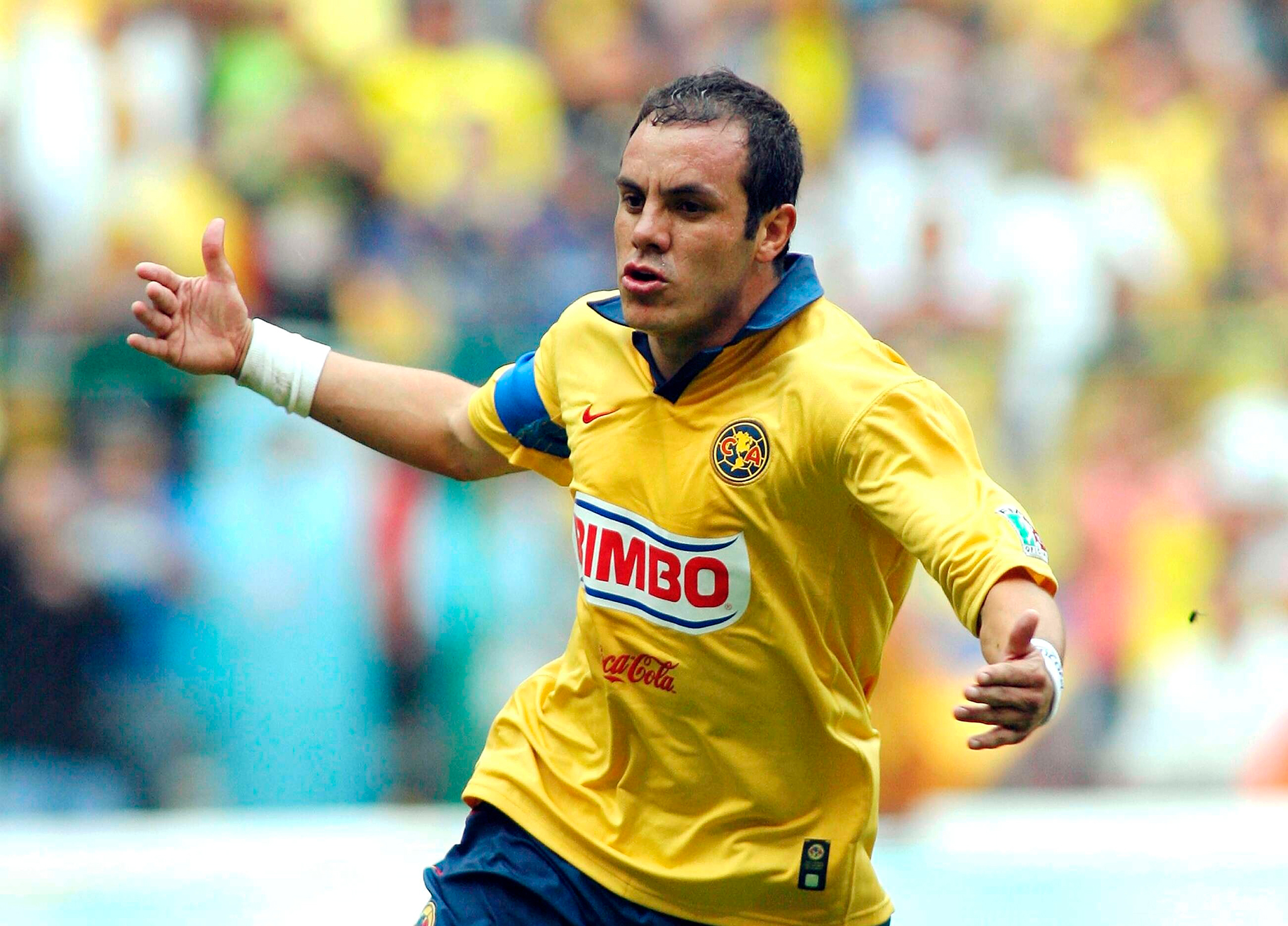
Blanco’s early years were challenging as he competed for playing time alongside legendary figures like Hugo Sánchez and Luis Roberto Alves “Zague.”
It wasn’t until Dutch coach Leo Beenhakker took over América that Blanco truly emerged as a standout player, scoring crucial goals and becoming a fan favorite.
His unique style, epitomized by the now-famous “Cuauhtemiña,” captured international attention during the 1998 World Cup, cementing his status as a national hero.
His golden era continued through the late 1990s, leading Mexico to victory in the 1999 FIFA Confederations Cup.
In the final against Brazil, Blanco’s stellar performance—assisting twice and scoring a critical goal—helped Mexico secure its first-ever FIFA-sanctioned tournament victory.

Yet his brash personality often sparked controversy, notably with a provocative goal celebration known as the “perrito,” mocking goalkeeper Félix Fernández.
His move to Europe with Real Valladolid was meant to be the pinnacle of his career, but it was abruptly disrupted by a devastating injury during a World Cup qualifier against Trinidad and Tobago.
Blanco was sidelined for months, losing the explosive speed and agility that had defined him.
Demonstrating resilience, he adapted his playing style, emphasizing his technical skills and vision.
His memorable moments included scoring an astonishing free-kick against Real Madrid at the Bernabéu.
Upon returning to Mexico, Blanco’s career oscillated between brilliance and controversy.
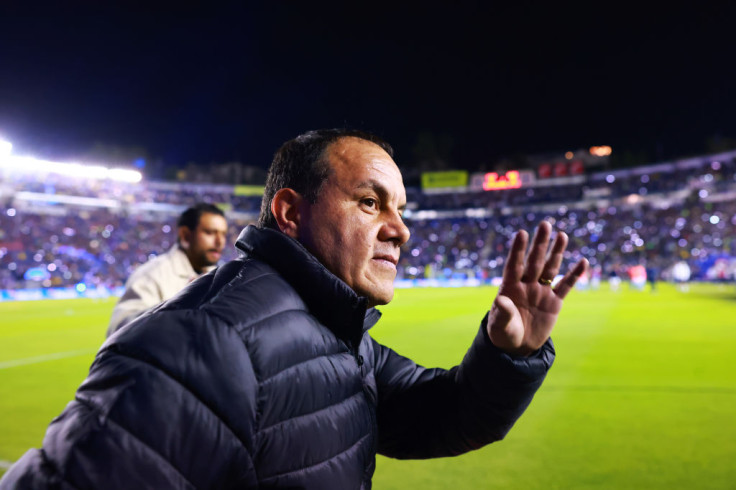
His fiery temperament caused major setbacks, most notably in 2004 when he violently elbowed a São Caetano defender, triggering fan violence and earning him a one-year suspension from CONMEBOL competitions.
Still, his undeniable talent shone through, leading Veracruz and later América to significant victories, including his long-awaited Liga MX championship in 2005.
Blanco’s relationship with the national team was equally turbulent, particularly under coach Ricardo La Volpe, who controversially excluded him from the 2006 World Cup squad—a decision that still resonates among fans and analysts.
Despite setbacks, Blanco returned spectacularly under Javier Aguirre, helping Mexico qualify for both the 2002 and 2010 World Cups.
He became the first Mexican player selected for a World Cup while competing outside the top flight of Mexican football.

His career extended into Major League Soccer with Chicago Fire, where he became a franchise player, rivaling the media attention of stars like David Beckham.
Blanco was an instant sensation, winning individual accolades like MLS MVP and Goal of the Year, though team championships eluded him.
Eventually returning to Mexico, he continued playing at lower levels well into his forties, adding chapters to his legendary career with Dorados, Lobos BUAP, and Puebla, with whom he lifted his last professional trophy at age 41.
Parallel to his sports career, Blanco’s personal life was equally colorful and controversial, featuring high-profile relationships and scandals.
Notable was his romance with actress Liliana Lago, resulting in a widely publicized divorce and the birth of his daughter, Bárbara.
Later, his turbulent relationship with TV host Galilea Montijo was frequently dissected by the press, contributing further to his controversial image.

Blanco’s aggressive side surfaced memorably in 2003 when he notoriously slapped journalist David Faitelson—an incident that has since become legendary in Mexican sports folklore.
Yet, controversies escalated significantly after he entered politics.
As mayor of Cuernavaca and later governor of Morelos, Blanco was accused of corruption and alleged ties to organized crime.
A scandalous photograph showing Blanco alongside alleged drug cartel members intensified scrutiny and criticism.
In 2023, Blanco faced grave accusations from his half-sister of attempted sexual abuse, allegations he vehemently denies but which have seriously damaged his political standing.

Now, at 52, as Blanco confronts these mounting allegations, the once-celebrated hero of Mexican football finds himself in perhaps his darkest hour.
Although he consistently dismisses accusations as politically motivated, these scandals increasingly overshadow his legacy.
This raises the question of whether his past successes on the football field can protect him from a potentially career-ending downfall.
As Blanco navigates these turbulent times, fans and critics alike wonder if he will emerge unscathed once more or if the shadows of his past will finally overtake him.
The answer remains uncertain, but one thing is clear: Cuauhtémoc Blanco, for better or worse, will always be remembered as one of the most controversial and compelling figures in Mexican public life.
